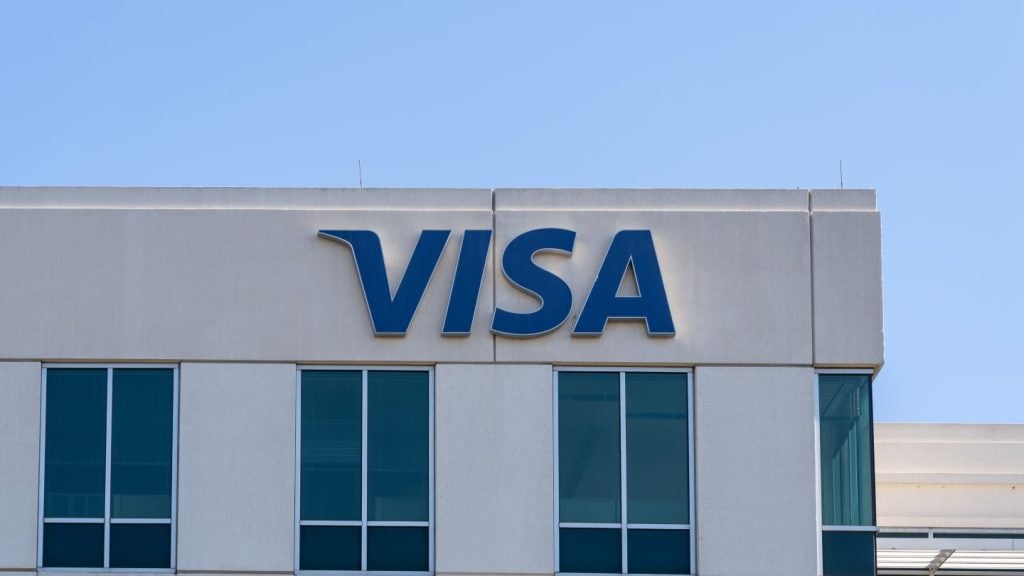More and more people are benefiting from embedded finance every day. From opting for Buy Now, Pay Later (BNPL) options at checkout and purchasing insurance for a product directly from the seller, to sending payments through social media; the use-cases are trending upwards, writes Tom Bentley
The rise of Banking-as-a-Service (BaaS) has enabled non-financial companies like retailers to incorporate banking functions into their ecosystem and develop their own financial relationships with customers. In this arrangement, the BaaS provider becomes an invisible third party, offering the underlying technology and taking care of the compliance and balance sheet requirements in the background, so businesses can focus on delivering a seamless shopping experience and create new value-adding products.
BNPL and split-payment options have dominated the embedded banking conversation in recent months, but we have only just scratched the surface of what is possible with BaaS. Here’s a glance at the innovations retailers can access today…
Decoupled debit – a new way to foster customer loyalty
Adding value to the customer experience (CX) should be the motivating factor behind most business decisions. And the returns for excellent CX can be material for brands: Google found that 73% of consumers say that a good experience is key in influencing their brand loyalties. Retailers must start looking for new ways to build customer loyalty – and this involves engaging with customers beyond the initial purchase.
By tapping into the opportunities created by the EU’s PSD2 regulations, leading BaaS provider, Vodeno, offers a product already popular in Germany and gaining traction across Europe: decoupled debit cards.
This model enables fintechs and other brands to link their own branded debit card to a customer’s preferred bank account – giving them the ability to seamlessly pay for purchases using the card, with payment of funds automatically processed via the customer’s bank.
BaaS providers can offer non-financial brands – from retailers to sports teams and airlines – white-labelled decoupled debit cards that are wholly owned and controlled by them. Decoupled debit eases the friction of adopting a new debit card because the user does not need to top up funds in order to use the card, and fintechs and brands can layer on additional benefits like cash back and loyalty incentives when the card is used.
Germany’s Vantik, for instance, partnered with Vodeno to take advantage of this concept by creating a card that pays cashback on every purchase into cardholders’ pension plans – pledging to invest the money into funds sustainably and profitably until their retirement, and giving them a reason to keep using the card.
Meanwhile, decoupled debit helps retailers generate spending insights. Open Banking allows brands to get to know their customers better, and make more informed, data-driven decisions in line with individual preferences. Having a better overview of a customer’s purchasing history and shopping behaviour allows companies to identify patterns and find new opportunities to offer the right products, support and experiences.
The rise of merchant financing
The noise surrounding embedded lending has, to date, been focused on the consumer. BNPL options at checkout have soared in popularity, giving customers the option to pay for purchases in instalments. An extension of this trend can be applied to businesses who are also on the hunt for suitable and accessible credit options.
Demand for finance from SME retailers is high, particularly on the back of pandemic-induced uncertainty. Data from UK Finance shows that demand from SMEs on the whole increased into 2021, with more applications made for cash flow funding than was seen pre-pandemic. As economies reopen and businesses look to realise their growth ambitions, retailers will be looking for alternatives to traditional lending options – which is exactly why the real action will soon be taking place in B2B payments.
Offering retailers access to instant credit, merchant financing is already a popular product in the U.S. Rather than being forced to accept inflexible borrowing options, fintech innovators are stepping in to provide SMEs with a hassle-free solution. Forget paper-based applications, manual credit checks and high penalties for late repayments – merchant financing is an easily accessible, fully digital alternative.
At its core, the products offer access to upfront funding that retailers can use to produce, buy and sell goods. The capital that was secured is paid off once these goods are sold and profits are realised. In establishing this connection, SMEs are empowered to fully manage their cash flow in line with their turnover.
Retailer benefits
The benefits are clear to all retailers looking to overcome the limitations of traditional business loans. BaaS providers that offer a quick and easy, fully digital onboarding and verification process can help businesses cut through the red tape, thanks largely to the innovative API-based technology at play behind the scenes. Additionally, credit limits will be dictated by turnover history, rather than the historical financial statements currently required by traditional banks. No doubt, European players, like Vodeno, are taking note and expanding their merchant financing business..
Frictionless payment experiences are just the beginning where embedded finance is concerned. SME lending and decoupled debit are just two areas that are set to thrive with the help of BaaS, diversifying the options available to retailers who want to join the fintech revolution. Delivering the technical infrastructure, connectivity and banking know-how needed to make integrated financial services a reality will drive real innovation within the retail space in the months and years to come.

Tom Bentley is the Chief Commercial Officer of VODENO. Tom is an expert in the banking and financial services sector with more than 12 years of experience.
Tom joined VODENO from Thought Machine where he was responsible for growing its business across Europe. Prior to Thought Machine, he held executive roles at banking software company, Temenos, across Asia and Australia, working with some of the most disruptive fintechs in the world.







